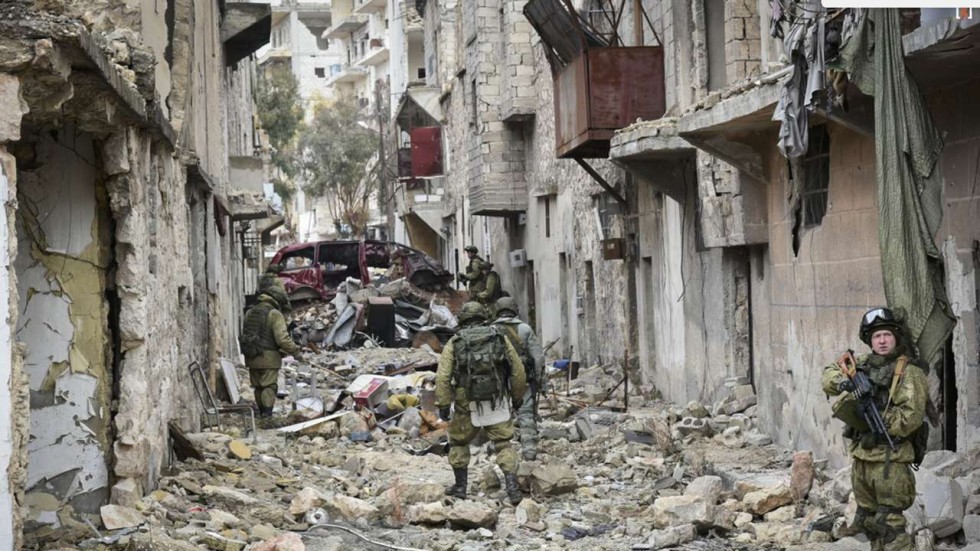DAMASCUS, Jan. 3 (Xinhua) -- Several rebel groups announced late Monday that they were freezing talks on planned peace negotiations with the Syrian government, citing what it called "major violations" by the government forces to an ongoing cease-fire.
The rebels said in a joint statement that they were freezing talks on the peace negotiations that were planned to take place soon in Astana, capital of Kazakhstan.
They claimed it was a response to the "major violations" by the government forces to the cease-fire that was reached in an agreement under the shepherd of Russia and Turkey, and went into forces four days ago.
"Due to the worsening situation and the continuation of the violations, the (rebel) factions declare freezing any talks related to the Astana negotiations...until the full implementation of the cease-fire deal," the rebel groups said.
The statement cited what the rebels called repeated violations by the government forces, including the escalation of military offensives on the rebel-held town of Wadi Barada in northwestern Damascus, and Rastan area in the central province of Homs.
The government refused to acknowledge its attacks as breaches to the ceasefire, saying it's fighting the Nusra Front and the Islamic State (IS) group, both excluded from the ceasefire as both have been designated as terrorist organizations by the UN.
Moreover, for the government forces, Wadi Barada is controlled by the Jabhat Fateh al-Sham, previously known as the al-Qaida-linked Nusra Front, which has already been excluded from the truce.
The rebels in Wadi Barada has cut off the main water supply line into Damascus since Dec. 22, leaving the government with few options to restore the water source in that area, which feeds the capital's over 5 million inhabitants.
The Russian-Turkish sponsored cease-fire went into force at midnight on Friday, with opposition activists saying it was still holding on Monday, despite the "breaches."
The recent cease-fire is the third in Syria after two previous failing ones. The first was reached last February, which lasted for three months before collapsing, and the second one was established in September, which was observed for only a week.





